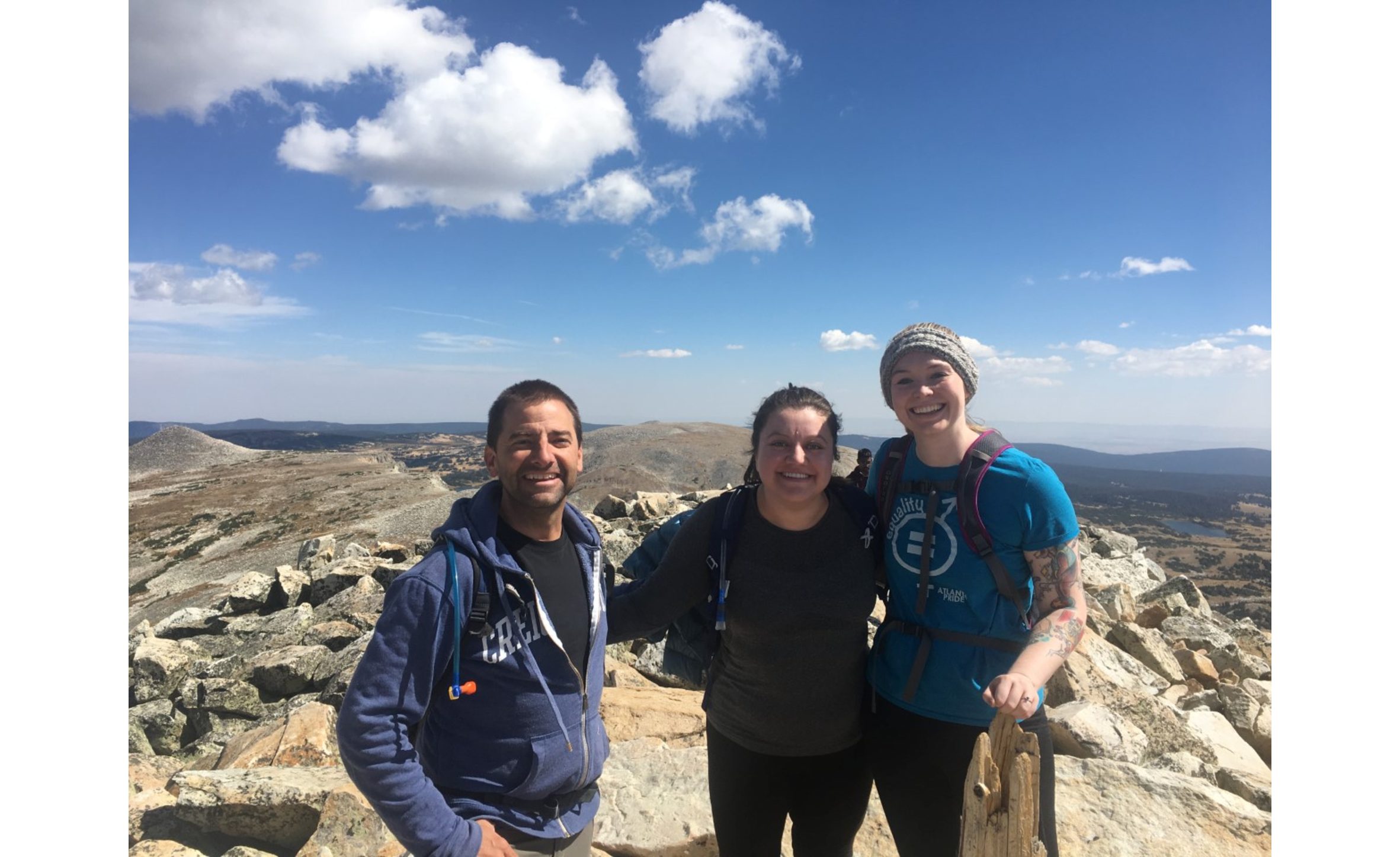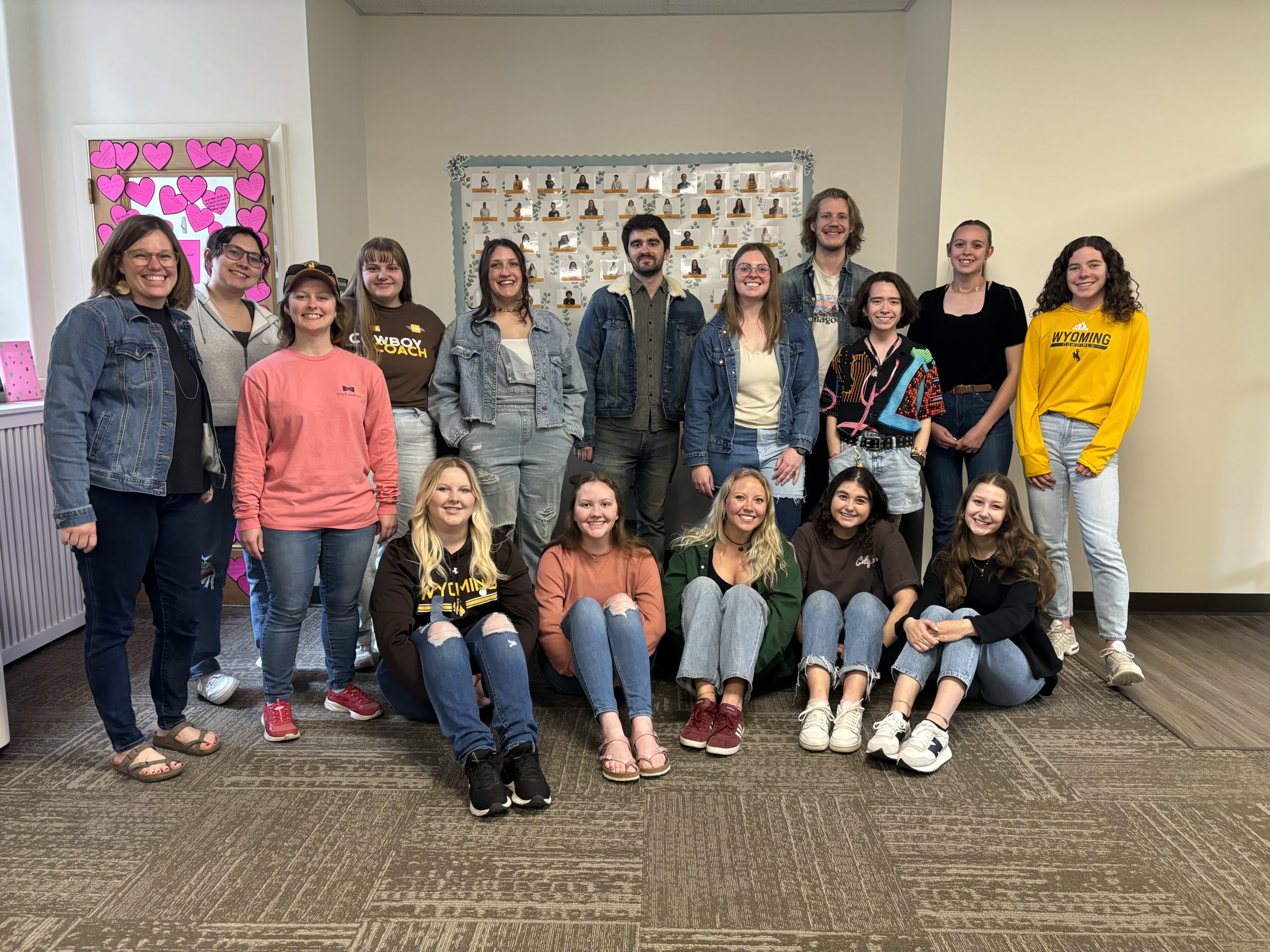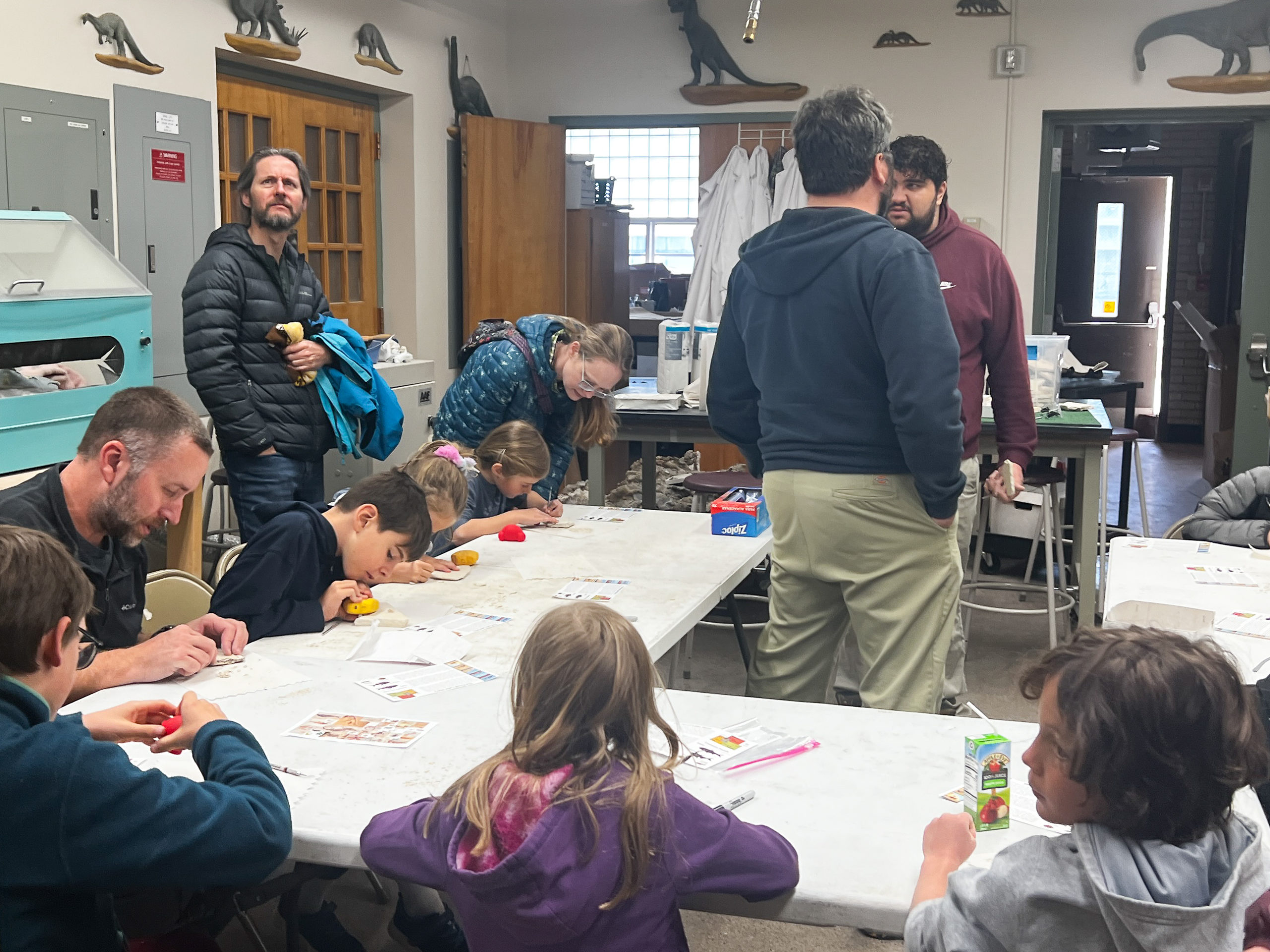Doctor Matt Gray of the University of Wyoming’s Psychology Department recently presented his sabbatical work to the Board of Trustees. After being away from UW for the fall 2019 semester researching veteran trauma, he returned and resumed research focusing on sexual violence and domestic abuse.
“There are some types of collaborations where you absolutely have to go on sight to work with colleagues to make sure that your research is interesting and engaging with the broader research community,” Gray said.
Gray traveled to Boston, Massachusetts to work with the former associate director of the National Center for PTSD, Doctor Brett Litz, and other associates from the University of California San Diego.
Gray and his colleagues worked together to develop a treatment for veteran trauma, specifically something they call “moral Injury.”
“We have good treatments for that [PTSD],” Gray said. “But, the kinds of things that aren’t historically addressed well with those treatments are regret, shame, and guilt. Acts that conflict with personal values, ethics, and morals.”
A new treatment, “adaptive disclosure,” was developed through a combination of talking to veteran focus groups and testing the treatment on patients. During his time in Boston, Gray also helped train other therapists on how to help moral injury patients.
“It’s going to be difficult to dispute [moral Injury]. They actually made a decision that, later, they are haunted by. I can’t just help them explain that away. They know what their moral code is. We allow people, in some instances, to take ownership. However, their action or inaction, no matter how horrific it may have been, need not define them forever,” Gray said.
After returning to UW, Gray resumed work focused on sexual assault and sexual violence. In 2018, Gray and three of his graduate students worked to survey students across campus on their experiences with sexual misconduct. With nearly 2,000 students responding, they were able to conclude that sexual misconduct happens far more often than official reports by law enforcement or the university would indicate.
“Here’s the thing that most people don’t know about how big of a problem sexual violence on campus is. Police reports are important. Title IX, reports to the university, are important. Those numbers will grossly underestimate the problem of sexual assault on campus because the great majority of people do not report [sexual violence] to the police or to the university,” Gray said.
Using their findings, the group was able to get the university to fund bringing the Green Dot program to campus. Federally funded colleges and universities are required to have some sort of sexual misconduct prevention training for all students; Gray believes that most institutions do not do enough.
“What has historically happened at most colleges and universities until fairly recently is that all which are federally funded are required to provide education to their students about sexual violence. Unfortunately, the way that has looked, is a mandatory online training. The notion that that is going to influence anybody’s decision making two years later at three in the morning when they’re hammered is laughable. Not surprisingly, it doesn’t actually reduce sexual violence.
“It’s not that that content is bad. I would argue that we need it. It’s helpful to get all freshmen to understand what sexual assault is. But that by itself will not actually change perpetration. What we’re trying to do with the Green Dot program is bridge the gap,” Gray said.
The Green Dot program has been shown to have an effect on sexual misconduct levels. Its focus is on engaging students with the material rather than having them watch online videos.
When he is not teaching or working on research, Gray heads an on-campus treatment clinic where his graduate students, under supervision, can treat patients who have been victims of sexual misconduct.
“In terms of responding to trauma. A lot of the time, people are so paralyzed with not knowing what to say or how they would say it that they wind up socially withdrawing. Don’t put pressure on yourself to say the right thing, just communicate that you believe the person, and are there to listen, help, and support,” Gray said.



